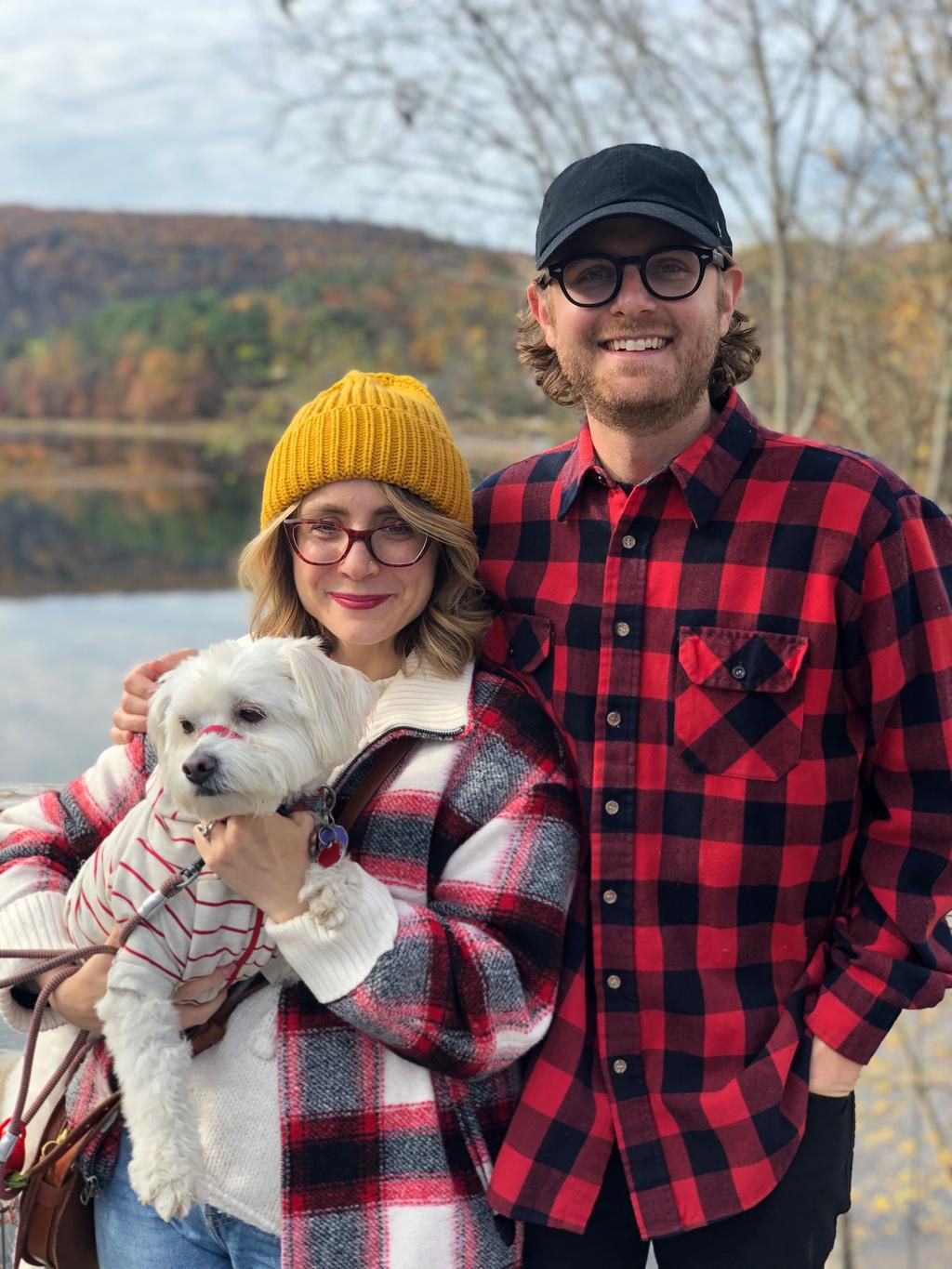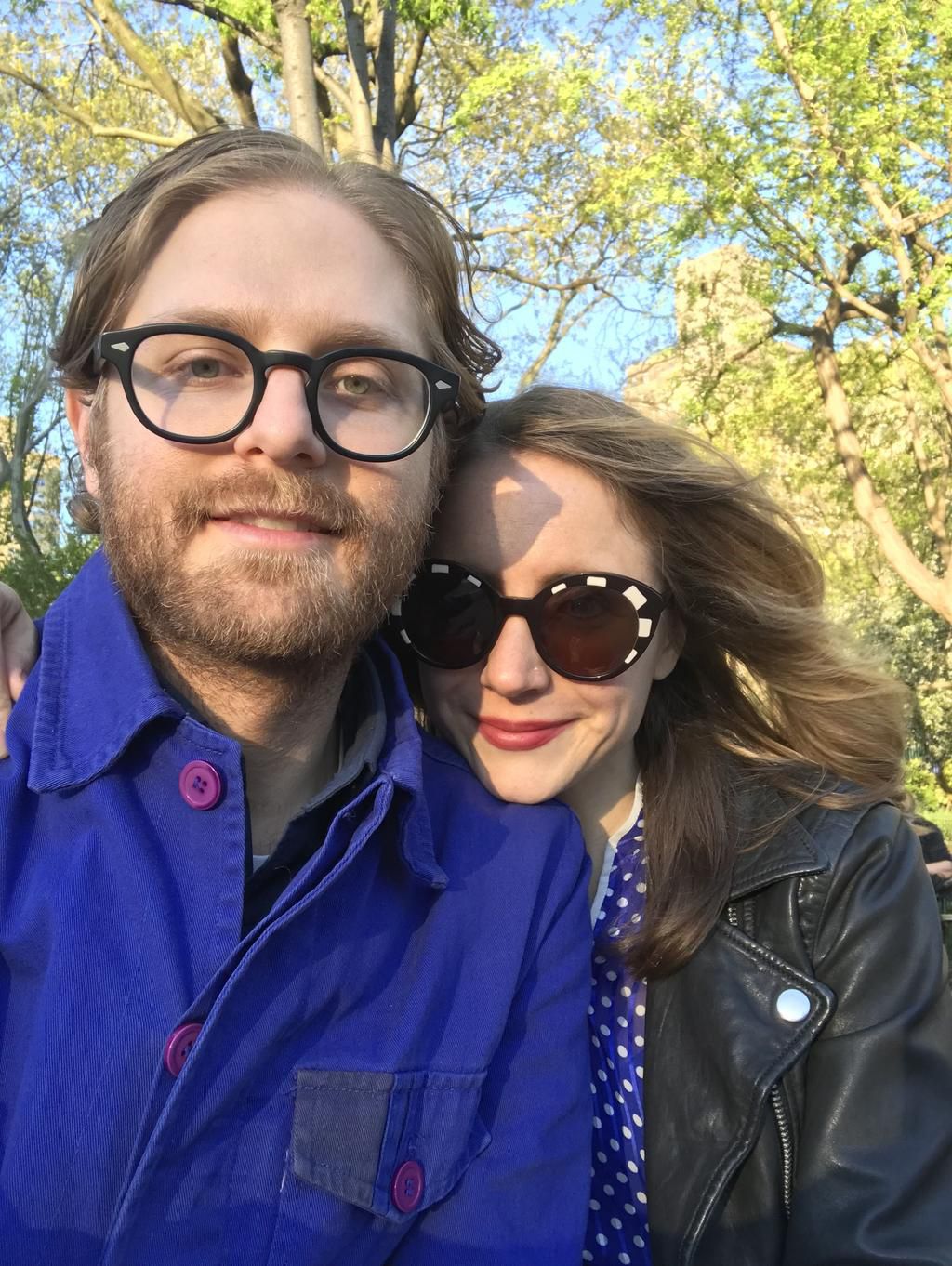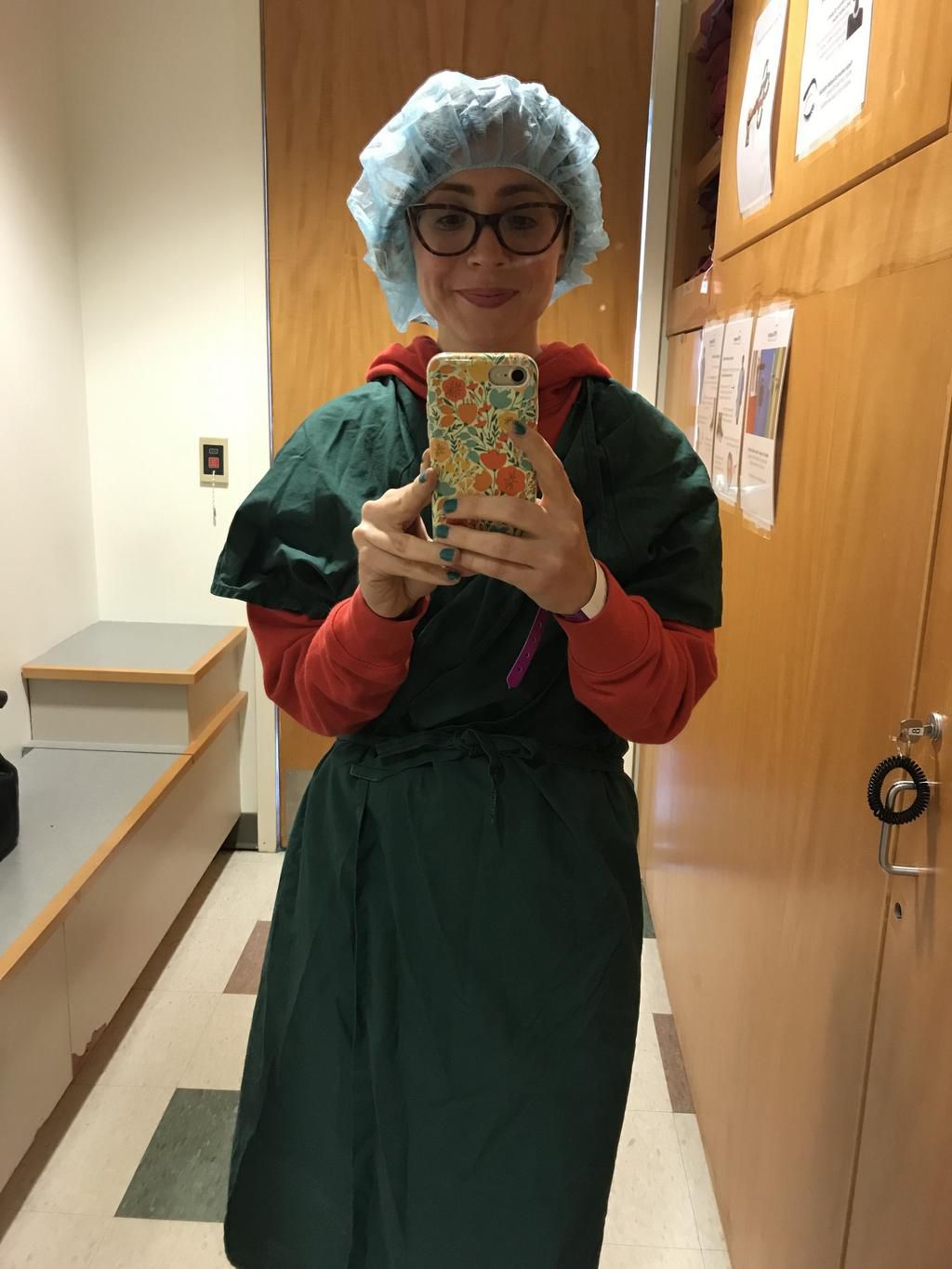'My Final IVF Cycle Was Canceled Due To COVID-19'
)
After two and a half years of trying to have a baby, including one and a half years of grueling fertility treatments, we were in the middle of our fourth and final IVF cycle last week when our fresh embryo transfer was cancelled.
It wasnt a total shock, as I had undergone my egg retrieval procedure on March 16just one day before the American Society for Reproductive Medicine (ASRM) released guidelines strongly suggesting the suspension of most fertility treatments due to COVID-19.
Still, we had held out hope while the evidence mounted against us. (I guess situational delusion is a handy trick you learn when youve been plugging away at a highly unpredictable process for so damn long?)
A little backstory: Our previous three attempts at IVF had followed best practices.
We biopsied, genetically screened, and froze our embryos. But we now know I have inexplicably poor egg equality for a 37-year-olda diagnosis fertility specialists can only confidently make, unfortunately, after several cycles and tens of thousands of dollars of trial and error.

Our doctor had suggested we give it one last shot without the biopsying and freezing steps, which can further damage delicate embryos. Sadly, we never got a chance to follow through on this hail-mary attempt, but were far enough along that we had already sunk about $12,000 into the cycle. (Imagine swallowing that just days after your husbanda freelance music industry professional who makes his living in live eventsfound out his income would now be zero for at least the next six months.)
The ASRM says it is revisiting its recommendations every two weeks, but it is impossible to see into the future and tell when fertility treatments will actually resume. So many people are now forced to confront that reality (33 percent of American adults have used fertility treatments or know someone who has, according to a Pew Research Center survey ), along with the economic challenges of continuing prohibitively expensive interventions in such uncertain times.
I feel incredibly privileged that my insurance covered most of our first three cycles of IVF , but even with a lifetime max higher than most, we've still paid approximately $45,000 out of pocket so far . Now we face the difficult decision of what to do with the moneydwindling personal savings, family loans, and creditwe have left. Do we put it toward donor eggs? Adoption?
But in the meantime, we grieve.

The first day, that lookedas it always doeslike a lot of guttural crying into our dogs fluffy fur and copious amounts of pacing around our 1,000-square-foot apartment. Once the sharp pain gave way to the dull ache of our new reality, however, we quickly realized we were left without so many of the coping mechanisms we had come to rely on. This time there would be no hugs from our nieces and nephews. There would be no consolation-prize vacation (always entirely and proudly booked on credit card points incurred via IVF, of course).
Was being alone with our disappointment emotionally excruciating? Yes. But in certain ways, those of us struggling with infertility have been training for this quarantined-in-a-crippling-financial-recession moment for years.
Fertility treatments are socially isolating, mentally draining, incredibly expensive, and extremely time-sensitive.
Many of us complain about the feeling that our life has been put on hold for years as we pinch pennies to pay medical bills, or while at the whim of unmissable early-morning monitoring appointments tied to the arrival of our period. We are pros at uncertainty, self-sacrifice, and relinquishing control.

Still, as I mourn our own hopes for a genetic child, I cant help but think of the couple in my online support group who exhausted most of its emergency fund earlier this year to give it one last go, or that single woman who went into credit card debt to try even once.
And my heart aches for every female patient over the age of 40, whose chance at having a biological child through IVF declines more sharply with each passing year, according to the American College of Obstetricians and Gynecologists . For mefor themthe challenges of this moment are magnified.
Yet at the same time, Im feeling surprisingly zen as my husband and I are forced to sit alone with our sadness. Our journey so far has been all about picking ourselves up and trying again, to a dizzying degree. But for once, we cant move forward just yet.
Lives everywhere are on hold. And for the first time in ages, I feel so much less alone.
Kim Tranell is a freelance writer who has contributed to Glamour, Seventeen, Teen Vogue, Psychology Today, and more. She lives in Brooklyn, New York, with her husband, Josh; their terrier mix, Miso; and a massive collection of records and books.

)
)
)
)
)